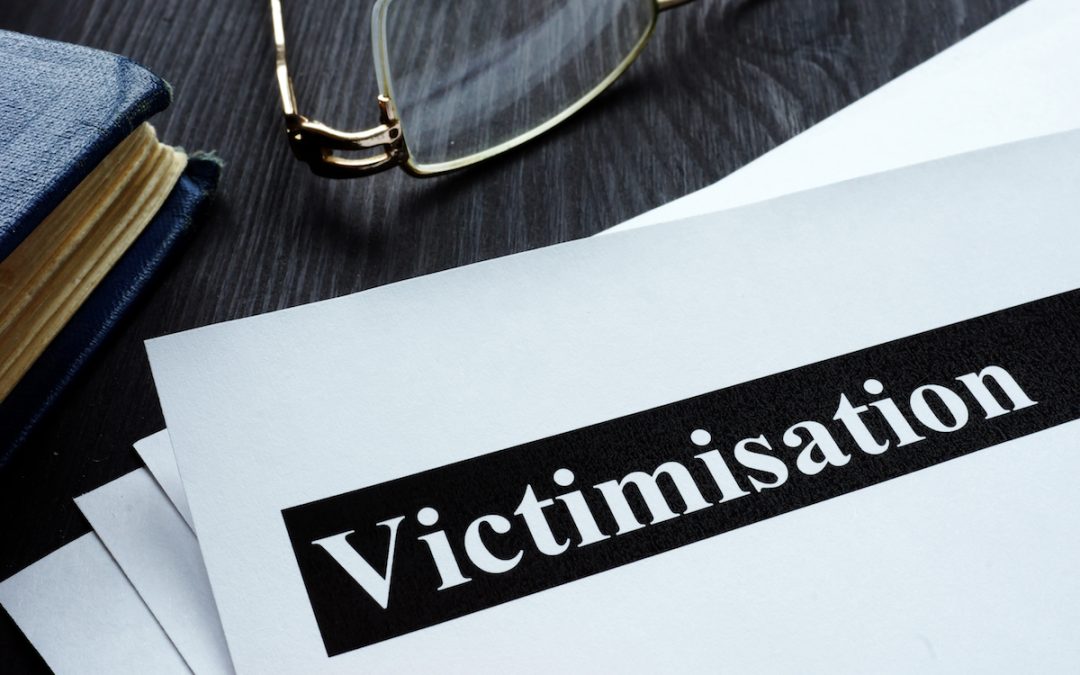A recent Employment Appeal Tribunal case serves as a helpful reminder to employers that, where an employee makes a complaint of discrimination, even if the employer does not believe that the complaint has merit, they can still be found liable for victimisation owing to the way in which they handled the complaint.
In the case of McQueen v The General Optical Council, Mr McQueen was disciplined owing to behaviour which he alleged arose out of his disability. His primary claim (of discrimination arising from a disability under s15 Equality Act 2010) failed following an appeal to the EAT on the basis that his behaviour did not ‘arise from’ his disability at all. However, he did succeed in his claim that he had been victimised. Victimisation claims cover the situation where an employee is treated unfavourably because of raising an issue relating to a protected characteristic. In this case, the employer’s mishandling and “passive failure” to do anything about Mr McQueen’s grievance (which related to a protected characteristic: his disability) caused Mr McQueen distress for over a year.
As a result, the tribunal ordered the General Optical Council to pay compensation, mostly for injury to feelings, of £22,680. But some of it was for an ‘Acas uplift’, which is awarded if an employer fails to follow the Acas Code of Practice on Disciplinary and Grievance procedures.
It is fairly common for victimisation claims to succeed even where main claims fail (as here), and the ACAS uplift is an easy ‘win’ for claimants – and a punitive increase in liability for employers. Employers can protect themselves by conducting prompt and thorough grievance and disciplinary investigations in all cases, in line with their policies and the ACAS Codes. Remember that there is often the opportunity to remedy defects in the disciplinary or grievance process on appeal, if there were problems at the first stage.
Find out how we can help. Our partner, Jon Dunkley, heads the Wollens specialist Employment Department. Contact him today for an informal chat, without obligation on 01271 342268 or via email at [email protected].



